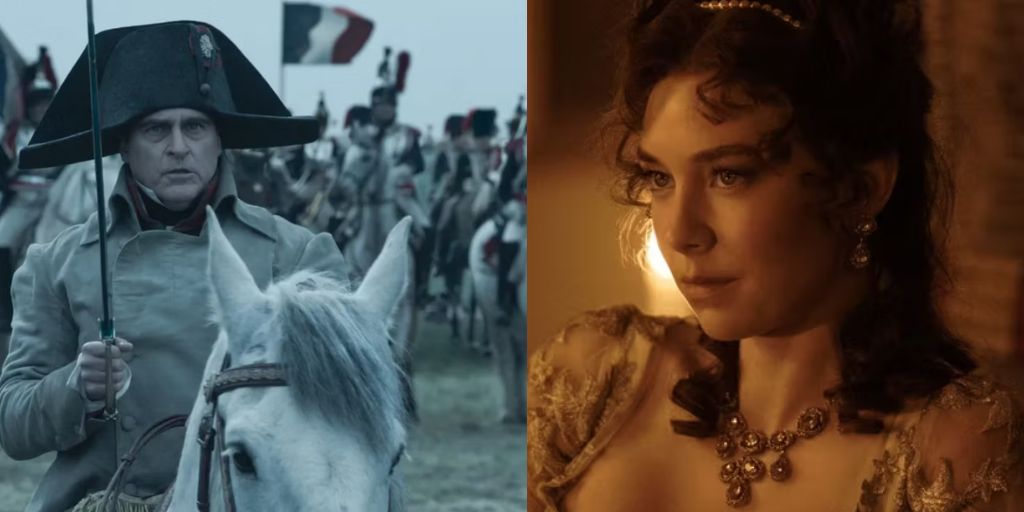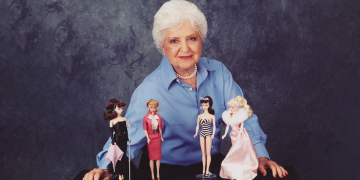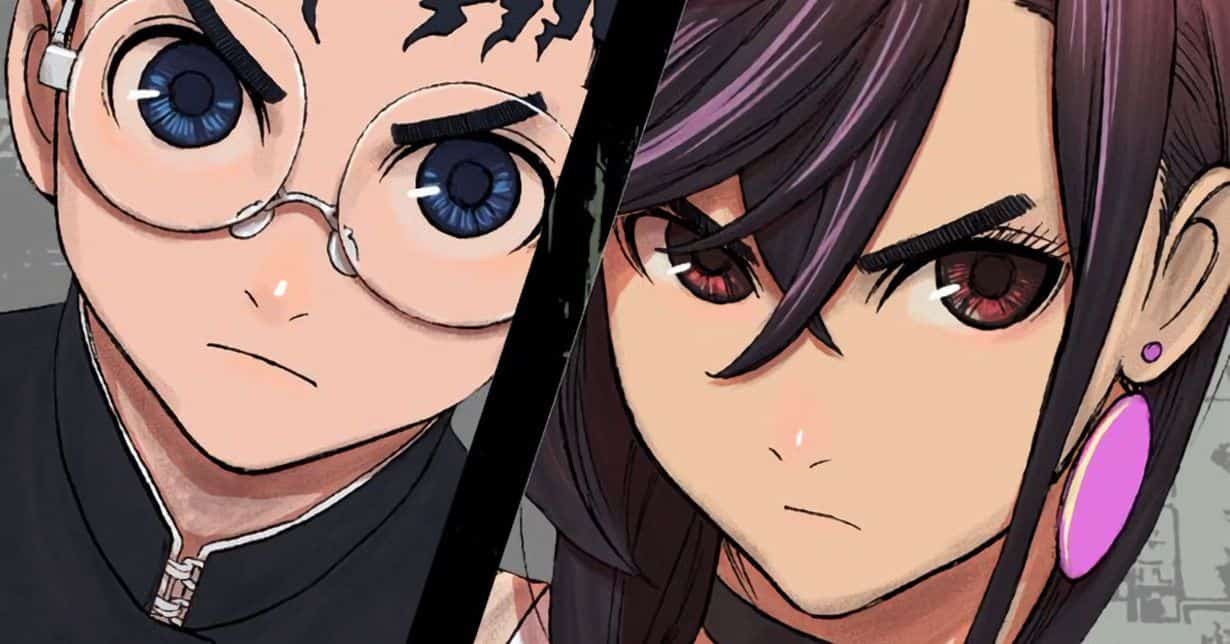Ridley Scott returns to the historical epic genre with Napoleon, a film that has surprised audiences with its unconventional portrayal of the French emperor, played by the talented Joaquin Phoenix.
Unlike typical grandiose war films, the 2023 biopic focuses less on Napoleon as a would-be world conqueror and more on the man behind the legend.
Scott’s vision boldly erodes the glamor often associated with the “Great Man” Theory of History, presenting Napoleon not just as a brilliant tactician and a power-hungry politician, but also as a petty and insecure figure obsessed with his wife, Joséphine (Vanessa Kirby). This unexpected approach invites comparisons to placing Rhett Butler in absurd situations while Atlanta burns in Gone With the Wind.
The Director’s Cut: A Significant Improvement
Scott’s original Napoleon stands out as a solid entry in his impressive body of work, featuring stunning battle sequences and powerful performances that bring history to life. However, the director’s cut enhances the film significantly.
This new version includes additional context surrounding Joséphine, Napoleon’s paranoia, and the intricate political view of his era, cementing Napoleon as one of Scott’s best films. While it does introduce some tonal inconsistencies, the added depth enriches the narrative, making the emotional stakes even more compelling.
What Sets Napoleon: The Director’s Cut Apart?
Creating a director’s cut allows filmmakers to present a refined version of their work, giving them the chance to complete their vision. Ridley Scott is no stranger to this practice, having previously done so with films like Blade Runner and Kingdom of Heaven.
In Napoleon: The Director’s Cut, the core story remains unchanged. It still depicts Napoleon’s rise from a French officer to an emperor, his complex relationship with Joséphine, and his eventual downfall. However, the new scenes add layers that enhance the original narrative, giving it a richer context.
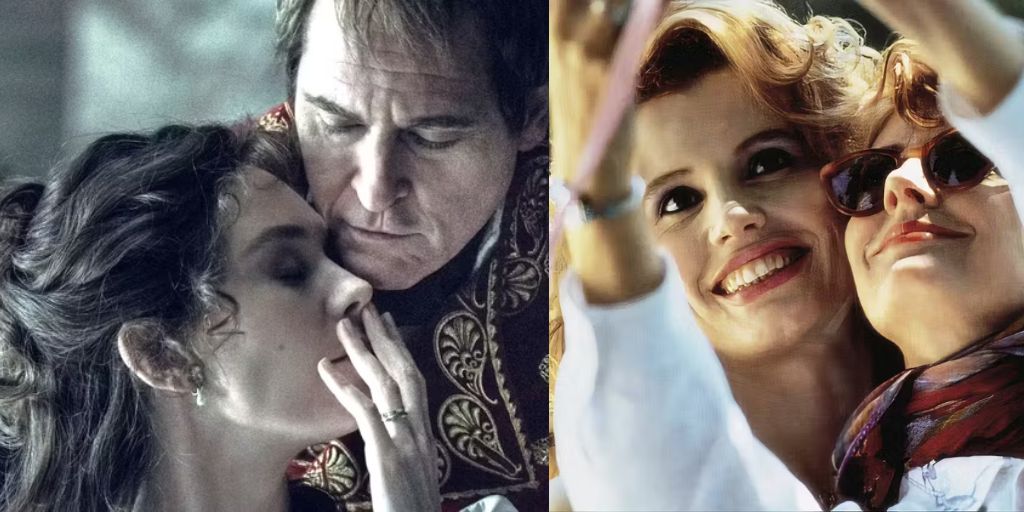
The film maintains its focus on Napoleon’s journey, but the additional details breathe new life into the story. For instance, Napoleon’s early insistence that French art should remain with the French people, rather than be taken by the Vatican, foreshadows his growing belief that his will and authority are synonymous with France itself.
This insight provides a backdrop to his increasing paranoia and determination to eliminate opposition. The new cut also offers substantial details about Joséphine’s character and her unusual marriage to Napoleon, which add complexity and emotional weight.
Strengthened Performances in the Director’s Cut
Joaquin Phoenix gives a mesmerizing portrayal of Napoleon, capturing the essence of the ambitious yet deeply flawed French general.
His performance is unpredictable and brutish, propelled by his desires and insecurities. The additional scenes in this director’s cut provide more breathing room for Phoenix’s performance, offering greater context for many of Napoleon’s choices. As a result, the narrative flows more smoothly, guiding the audience through the intricacies of his life and ambitions.
One exception to this improved pacing lies in the film’s first act, which introduces tonal shifts that can feel jarring. Joséphine’s introduction is marked by sadness and greater detail, yet these moments are sometimes juxtaposed with scenes showcasing Napoleon’s chaotic, immature antics.
Despite this, the tone stabilizes significantly as the film progresses. The new scenes ultimately give Napoleon’s eccentricities, along with their consequences, more space to develop, making for a richer viewing experience.
Vanessa Kirby’s performance as Joséphine shines even brighter in the director’s cut. While her character was already compelling in the original, the new material deepens her portrayal. The film reveals the origins of her slide into sex work and the calculated maneuvers that brought her into Napoleon’s life.
These additions present Joséphine as not only savvy but also deeply affected by her circumstances. The character’s journey, especially after her divorce from Napoleon, feels more poignant and tragic. This added context amplifies the emotional stakes of their relationship, allowing audiences to fully appreciate the complexities of their marriage.
A Deeper Emotional Resonance
The director’s cut does not fundamentally alter the film’s perspective on Napoleon’s controversial legacy, but it does offer greater emotional depth.
While the eccentricities of the character and the film’s unique approach remain intact, the new material provides a more nuanced view of Napoleon’s psyche and the political environment of his time. This enhanced context allows viewers to grasp the gravity of his actions, from his military campaigns to his relationships.
Scott’s film also successfully shows the complex dynamics of French politics during Napoleon’s rise and fall. By focusing on the human aspect of Napoleon’s character, Napoleon: The Director’s Cut becomes not just a historical epic, but a profound character study. It emphasizes the emotional turmoil behind the emperor’s exterior, making his ambitions and failures feel more relatable and human.
A Bold Character Study
Napoleon: The Director’s Cut stands apart from biopics, choosing not to sanitize its subject. Instead, it provides an unfiltered lens on Napoleon as a man—one who is sensitive about his height and struggles with his identity amid the chaos of war.
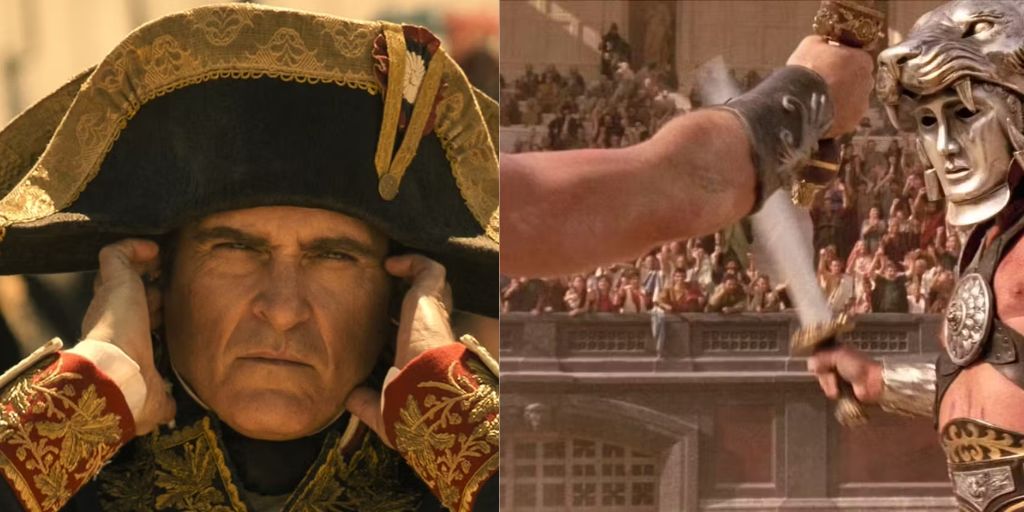
This focus on character over spectacle creates an adept study of a complex leader. The film’s strengths lie in its view of relationships and the emotional toll of ambition.
With Napoleon: The Director’s Cut now available for streaming on Apple TV+, it serves as a definitive version of Scott’s vision. The new cut enhances the film’s character work, emotional impact, and historical context, marking it as a standout entry in Ridley Scott’s illustrious filmography.
As Scott continues to show various genres and themes, this film resonates as one of his most poignant, making it essential viewing for both history enthusiasts and fans of character-driven narratives. know various genres and themes, this film resonates as one of his most poignant, making it essential viewing for both history enthusiasts and fans.


